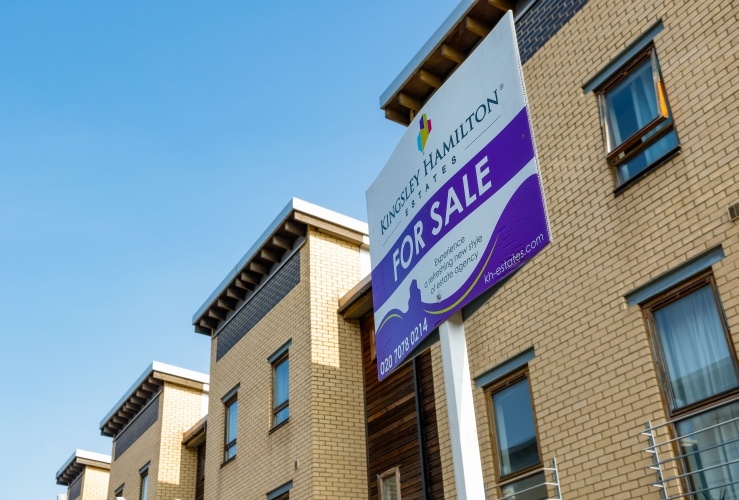
Victor Huang/Bigstock.com
One of the most attractive arguments for buying one's own home is that income spent on a mortgage is an investment, while income spent on rent merely enriches landlords.
New research by the Local Government Association seems to support this logic. One in seven tenants spend more than half their income on rent, says the LGA, while just 2% of homeowners spends more than half their income on mortgage payments.
The LGA said that high rents were preventing young would-be home buyers from being able to save up requisite deposits. The average deposit now costs 72% of the average first time buyer’s annual income, according to the LGA.
The study also found that around 40% of private tenants spent more than 30% of their income on rent, compared to just 11% for people paying mortgages.
The average UK monthly rent now stands at £852, but this figure is heavily skewed by high London rents.
According to the LGA, giving councils the power to build more social and affordable homes is the answer. However, last year saw the lowest number of new affordable homes built in 24 years – amounting to only 30,000.
Councillor Judith Blake, LGA housing spokesman, said: “When one in seven private renters is spending half their income on rent, it’s no wonder we have a rental logjam – with a shortage of homes with genuinely affordable rent, and young people struggling to have enough income left over to save for a deposit.
“A thriving private rented sector helps create a balanced mix of available housing. A new wave of genuinely affordable homes for rental, that cost 30% of household income or less, would provide tenants with stability, reduce the squeeze on household incomes and help more people get on the housing ladder.”
While rents remain high – especially in London and the south east – there has been a marginal fall since 2009. Data from last month suggested nationwide rents had fallen for the first time in eight years, with London seeing the biggest reduction.
With rents so high, it’s little wonder that so many tenants decide to take up ‘right-to-buy’ offers. Such sales have increased since 2012 when the government increased right-to-buy discounts. 54,581 social housing units have been sold off since the move.




